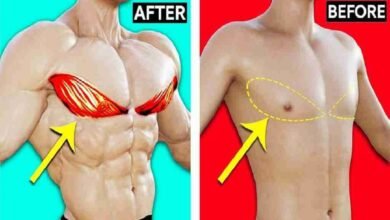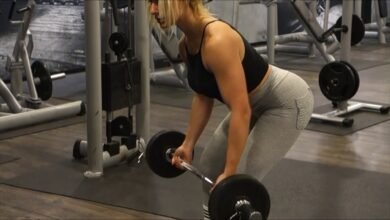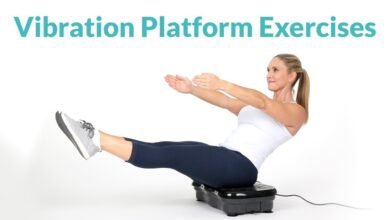Top Exercise After Botox: What You Need to Know
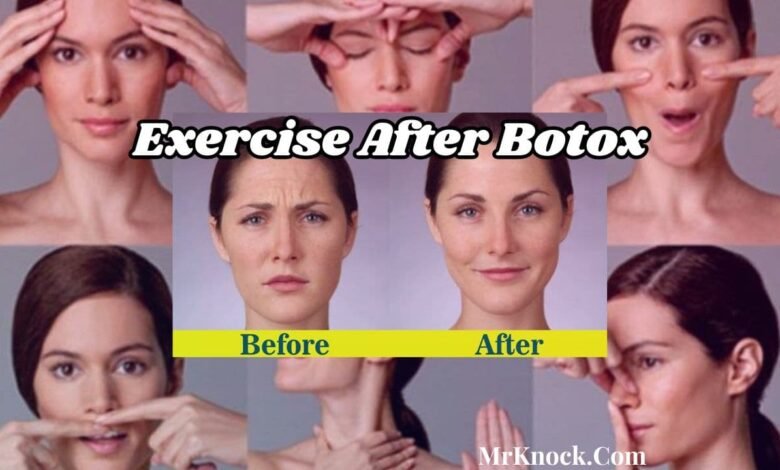
What is It?
Exercise After Botox: Botox is a neurotoxin derived from the bacterium Clostridium botulinum. While it sounds intimidating in small, controlled doses, it has several medical and cosmetic capabilities.
How Does Botox Work?
Botox works by blocking nerve alerts inside the muscles in which. This transient paralysis of muscle pastime reduces the arrival of wrinkles and excellent lines, imparting a smoother, more youthful appearance.
Common Uses of Botox
Botox used for
- Reducing facial wrinkles and lines
- Treating continual migraines
- Managing hyperhidrosis (immoderate sweating)
- Addressing muscle spasms and stiffness
The Importance of Post-Botox Care
Immediate Post-Procedure Care
After receiving Botox, you must comply with your company’s put-up-care instructions to ensure premier consequences. It consists of fending off touching or massaging the handled area, staying upright for at least four hours, and refraining from strenuous sports.
Long-Term Care Considerations
Long-time period care includes protecting your pores and skin from excessive solar publicity, preserving a healthy skincare recurring, and adhering to appointments as recommended by your company.
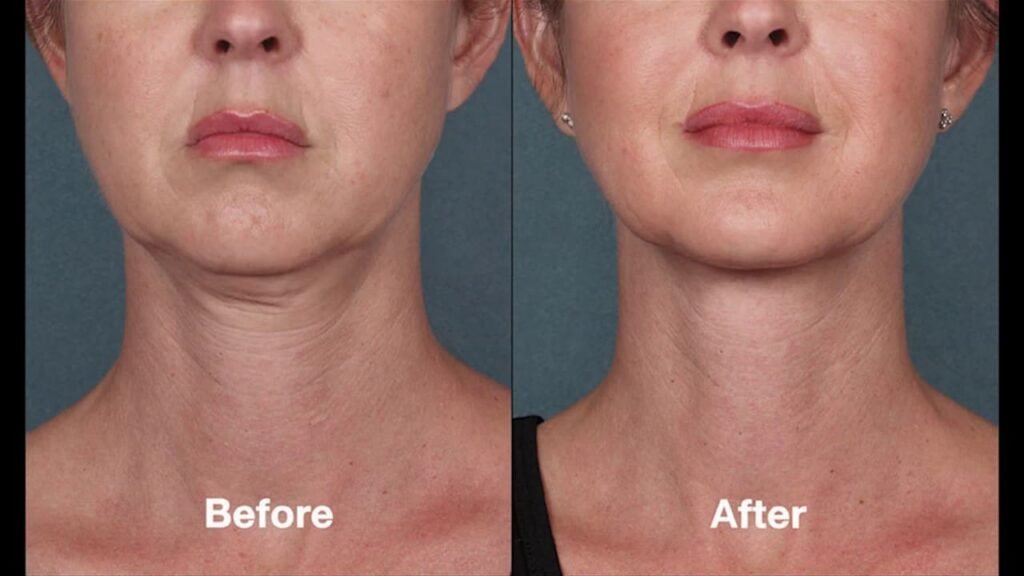
Why Exercise Matters
Benefits of Exercise After Botox
Exercise has several benefits, including advanced cardiovascular health, improved mood, higher muscle tone, and weight management. It’s a crucial factor in a healthful lifestyle.
Exercise and Overall Health
Regular physical activity is critical for maintaining average fitness and well-being. It reduces the risk of persistent ailments, boosts highbrow health, and helps build a robust immune system.
Exercising After Botox: The First 24 Hours
What to Avoid
In the first 24 hours after receiving Botox, avoiding activities that might disrupt the remedy is critical. It includes heavy lifting, intense workouts, and any movements that stress the treated regions.
Risks of Exercising Too Soon
Exercising too soon after Botox can result in numerous issues, consisting of:
- Increased risk of bruising and swelling
- Potential migration of the toxin to unintended areas
- Reduced effectiveness of the treatment
Types of Exercises to Avoid Post-Botox
High-Intensity Workouts
- High-depth workout routines like weightlifting, HIIT, and go-training should be avoided immediately after
- Botox. These activities can cause blood to go with the flow and strain, potentially causing headaches.
Inversions and Yoga Poses
Certain yoga poses and inversions that contain being the other way up can boost the risk of Botox migration. It’s quality to keep away from those poses for at least 24 hours submit-remedy.
Strenuous Cardio
Strenuous aerobic physical activities, such as running, cycling, or aerobics, can also raise your coronary heart rate and blood pressure, which might affect the Botox effects.
Safe Exercises After Botox
Light Walking
Light-taking walks are a secure and gentle way to live energetically without risking your Botox results. They promote blood flow without inflicting immoderate pressure.
Gentle Stretching
Gentle stretching physical games can help maintain flexibility and relaxation. Avoid stretching the treated areas to avoid any adverse effects.
Low-Impact Activities
Engaging in low-impact Pilates or Tai Chi activities lets you stay active without compromising your Botox remedy.
Timeline for Resuming Regular Exercise
Timeline:
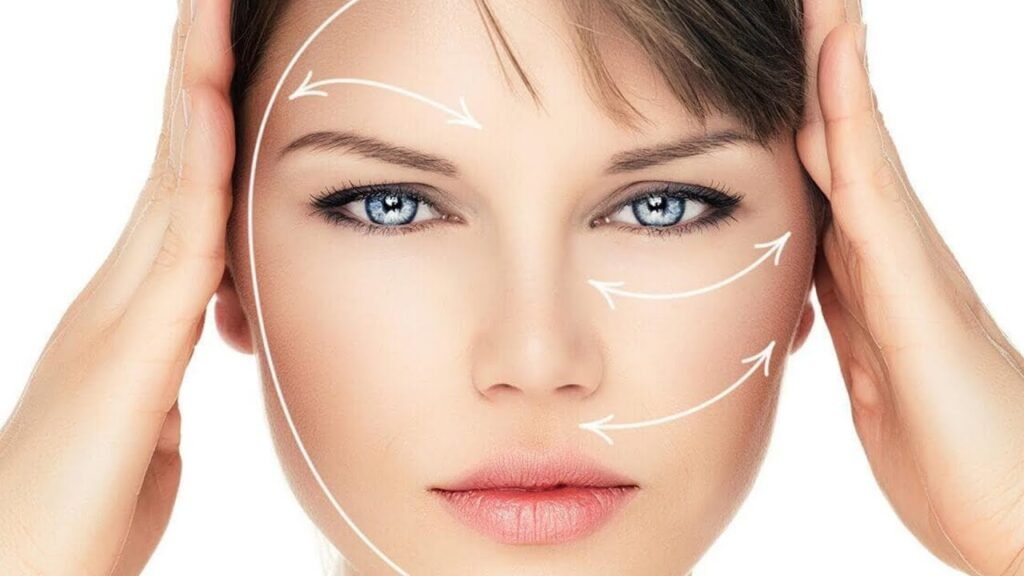
24-forty eight Hours Post-Procedure
During the first 24-48 hours, it’s best to stick to mild sports like strolling and gentle stretching. Avoid any high-depth or strenuous sporting activities.
One Week Post-Procedure
Most people can resume their regular workouts after every week. However, it’s vital to concentrate on your frame and avoid pushing yourself too hard.
Full Return to Routine
Typically, you could return for your entire exercise recurring weeks publish-system, assuming there aren’t any headaches and your provider has given the inexperienced mild.
Potential Side Effects of Exercising Too Soon
Bruising and Swelling
Engaging in strenuous activities too quickly can increase the hazard of bruising and swelling around the injection websites.
Botox Migration
Botox migration occurs as the toxin spreads to accidental areas that can bring about unwanted facet effects. Avoiding intense sports helps limit this threat.
Increased Risk of Complications
Exercising upfront can cause extended headaches, dizziness, and average soreness.
Listening to Your Body
Signs to Watch For
Pay attention to any signs and symptoms of unfavorable reactions, such as excessive swelling, bruising, or aches. If you notice those signs, it’s essential to relax and seek advice from your company.
When to Contact Your Provider
If you revel in severe signs and symptoms or about your Botox results, contact your provider at once for advice and capacity follow-up care.
The Role of Hydration
Importance of Staying Hydrated
Staying hydrated is critical for regular health and allows the recovery procedure after Botox. Proper hydration can also help lessen the chance of bruising and swelling.
Tips for Proper Hydration
- Drink plenty of water all through the day
- Avoid immoderate caffeine and alcohol
- Incorporate hydrating ingredients like culmination and veggies into your food plan.
Balancing Botox and Fitness Goals
Setting Realistic Expectations
Setting sensible expectations while balancing Botox remedies and fitness goals is crucial. Understand that there can be quick periods of downtime after treatment.
Incorporating Botox into a Fitness Routine
Work with your provider to create a schedule accommodating your fitness and Botox treatments. It guarantees you can gain your aesthetic and health dreams without compromising both.
Expert Opinions and Studies
Insights from Dermatologists
Dermatologists regularly recommend waiting at least 24 hours before resuming exercise to prevent complications and ensure the excellent effects of Botox.
Relevant Research Findings
Research indicates that waiting a day or two before resuming bodily activity can help maintain Botox’s decrease the risk of side effects.
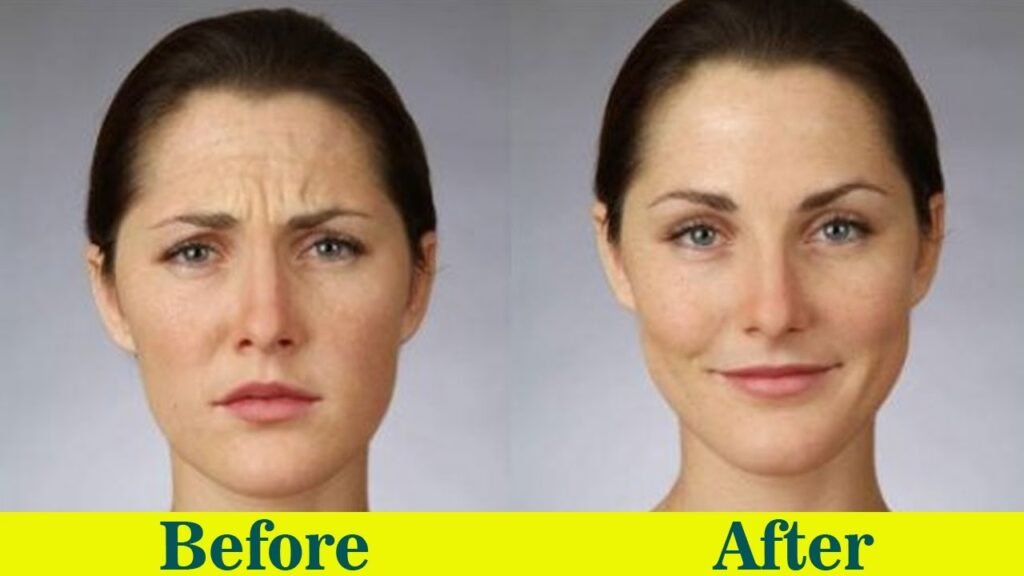
Common Myths About Botox and Exercise
Debunking Misconceptions
Several myths surround Botox and exercise, including the concept that you can’t work out at all after treatment. In reality, it’s about timing and the sort of exercise you do.
Understanding the Facts
Understanding the facts about Botox and exercising facilitates you in making knowledgeable choices and optimizing your treatment effects.
Conclusion: Exercise After Botox
Exercising after Botox requires careful consideration and adherence to up-care hints to ensure the best results. By knowing what activities to keep away from and while it’s secure to renew your fitness ordinary, you may revel in the blessings of both Botox and a healthful lifestyle. Always pay attention to your body and seek advice from your company if you have any issues.

